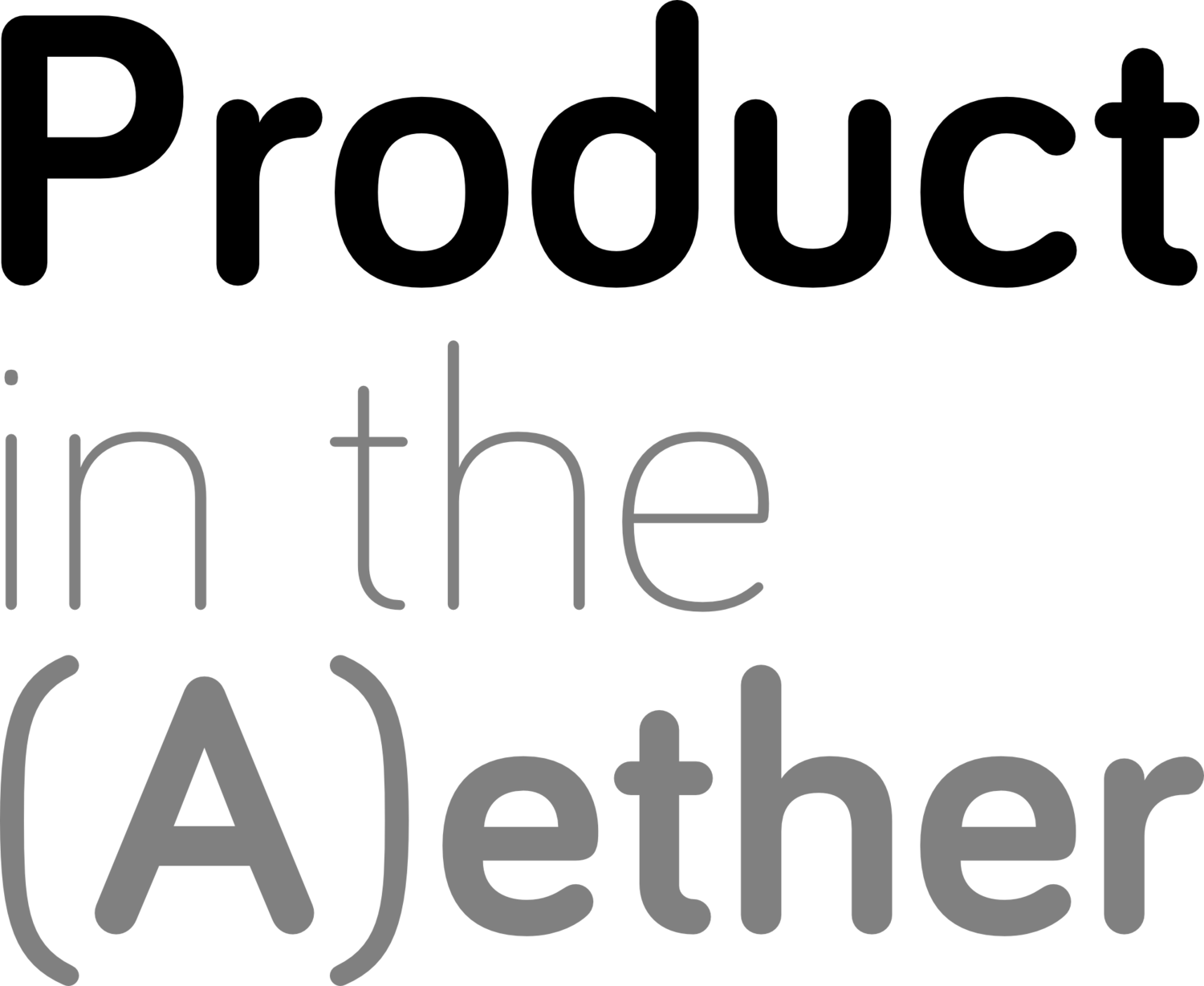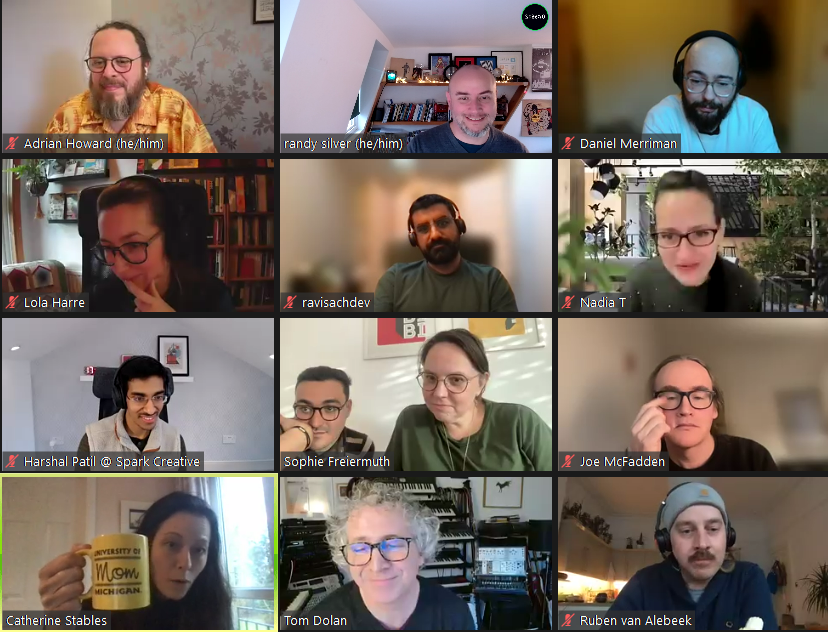PITA 042
ICEBREAKER: Yellow things
TOPIC 1 How do you manage/design products at high speed? We have 3-months to fix a problem.
Have a goal & defined success criteria
Build small & iterate quickly
Minimise handoffs - have the devs see the research happening - make sure they see at least 2 sessions, so they don’t design for one person
Imagine we have half the time - what would we do if we only had half of that?
Plan for failure
TOPIC 2 How can we create that sense of stakeholder community in (entirely virtual) complex organisations?
Weeknotes - what did we do this week, what do we plan to do next week
Show & Tells - to extend the Weeknotes point, I really like short (3 - 4 min) summary videos, both for the visual element and to make the updates feel more personal
On the week notes front having “non work stuff” in that as well can be nice.
Quarterly planning - do it together
Figure out who owns the budgets & makes the decisions
Motivation mapping
On the motivations side of things, I also like to refer explicitly back to those motivations when I’m sharing updates - helps to avoid the feeling that “We’ve had the conversation about what matters to us, then we moved on and never mentioned it again”
Create a stakeholder group - talk to them about strategy together
Agendaless lean coffee together - e.g. using donut app for Slack
Getting people with different views - get them together to collaborate on success criteria - facilitate the conversations between them to diagnose and resolve issues
Tom Wujec: Got a wicked problem? First, tell me how you make toast
The Art of Gathering: How We Meet and Why It Matters Kindle Edition
Get people together in person from time to time (i.e. every 3/6 mo) and mix teams up
Create better relationships by having them in non-work channels/conversations - not company mandated but created by individuals
TOPIC 3 How do you ask for help?
Link it to bigger/specific change
Show examples of other companies that do it, especially competitors
Who owns the budget for different types of things - coaching vs consulting vs leadership/professional development
Emphasise *why* i’m interested in it now - how this helps things, and especially how this learning can be shared across the organisation
Emphasise continuous improvement, and trying it with one team before rolling it out everywhere
Also to address the point about vulnerability i.e you’re already supposed to know the answer, I’ve also seen this framed as “I am hoping to become *Even More Amazing* at this, and coaching with a leading expert can help me get there”
Identify specific needs/weakness/maturity of the organisation - internally, or via a third party - then use that as the basis to address them
Demonstrate by doing - show that you have a coach
Pitch that strong, capable leaders get coached, leading by example
Before you ask for help yourself, ask senior leaders how they ask for help - do we ask for help, resources or support? Ask in Town Halls, etc
Another pitch for leader coaching I’ve seen people be happier with is “I want to experience coaching so I can coach my people better” — wanting to “get better at coaching” being seen as more acceptable than “I need coaching”.
Frame the question around support/enablement for professional development rather than necessarily asking for help
TOPIC 4 How do you help people get used to change when they're used to stable environments?
Micro level: Controlled, small experiments within teams to get them comfortable
Macro level: Sports metaphors, showing how top teams have made changes after prolonged periods of success
Show how you participate in the change
Don’t talk about change. Talk about the problems being solved
John Kotter, Leading Change
People will only change to solve problems that they recognise and care about
Is it change or evolution?

